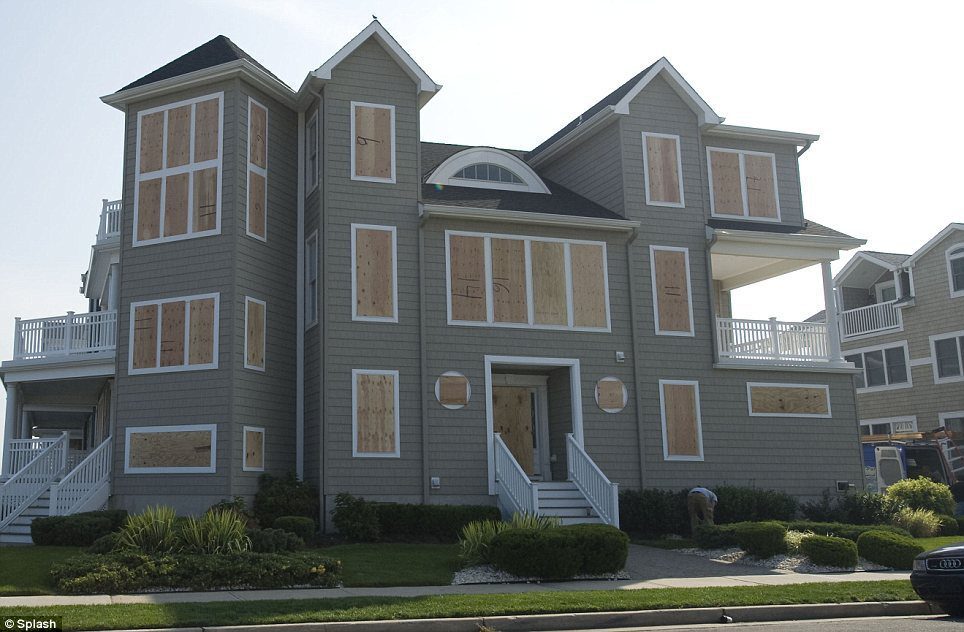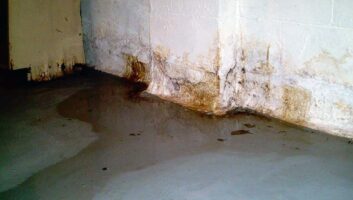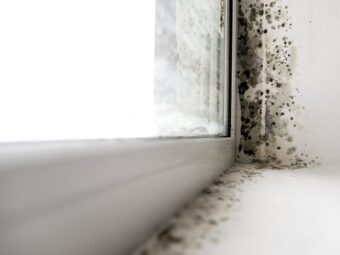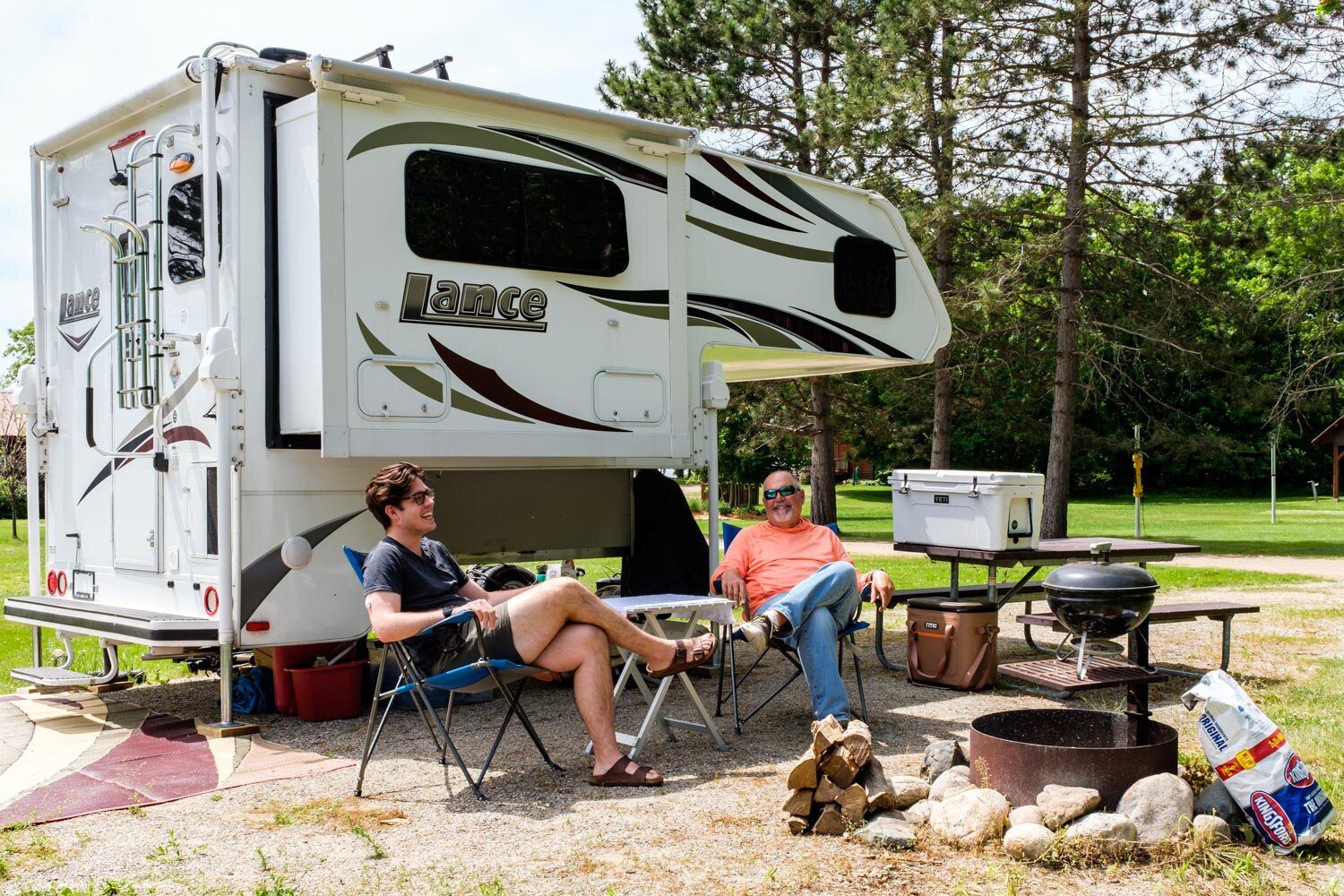
Professional Musty Odor Removal is Just a Call Away.
Ridding Homes of Musty Odors Everyday
Folks in Denver & Ft. Collins, CO don't have to deal with humid air like the Northeast and coastal regions, but we do occasionally have broken pipes, storm damage and other water intrusions that can cause musty odors.
Mustiness can be defined as when the air is stale, and mildly contaminated by the spores of mold or mildew.
It is commonplace anywhere that there are old books, stacks of cardboard boxes and piles of clothes papers or anything that can absorb and hold dampness. Items stored in basements are known to be musty.
One might not think of it as being an overtly unpleasant odor, or particularly hazardous, but in reality it will quickly trigger allergic reactions and can settle in to develop respiratory infections.

Where Do Musty Smells Come From?

The Boarded Up House
Musty House Odor Removal
Even in Rockies, we have the occasional snowbird. One who closes up home and heads to Florida or Arizona for the Winter months. Seasonal homes are seasonally OPEN and seasonally CLOSED, right?
And during the months that a vacation home is closed up, stale, often moist air creates an environment with the beginnings of mold spores can be developed. Warning of the initial presence of these spores comes in an odor we call 'mustiness'. While it is entirely possible to remove this odor and kill these spores by opening windows and letting the sun shine in - the safer means is through the services of your local OdorPros affiliate who is an expert at removing and eliminating mustiness.

The Basement Man Cave
Musty Basement Odor Removal
Who would ever think of building a 'man cave' anywhere other than a basement, right? They just seem to go hand in hand. Mustiness is rare in Colorado, but not impossible. It's not unheard of to have a basement pipe burst or a storm drain to back up. Carpeted floors, overstuffed furniture, fiber-board constructed entertainment centers that surround a large-screen television and book shelves full of books on sports statistics and memorabilia are all staples of the theme, correct? The problem is that basements are below ground and prone to dampness and condensation. The darkness, lack of air exchange and fixtures that all hold dampness will all create unhealthy 'mustiness'.

The Musty Library
Musty Books Odor Removal
Books are wonderful things. They deliver ages and ages of knowledge to us, and can take us to places only dreamed of. Old books can come into your possession to expand your Denver, Northglenn or Ft. Collins library, and communicate gems of knowledge that were long forgotten. To receive an inheritance that includes a good library is to receive a blessing that money just can't buy.
However, these books usually have dried leather covers and dried cellulose pages - sponges for dampness and microbial contamination. Storage conditions must be carefully prepared and any microbes, inherited with the books must be removed and eliminated by an OdorPro. If you encounter it in Lincoln for odor, we can eliminate it!

The Leaky House
Musty Smells from Excessive Moisture
Simply put, damp, earthy smell of mold and mildew can also be due to excessive humidity, especially in stagnant places like the bathroom, basement, or laundry room. When mold and mildew build up, they release foul-smelling gases, which permeate textiles like your carpet, curtains, and upholstery. Some additional sources of excessive humidity that cause mold and mildew include:
- Water leaks behind walls
- Cracked foundation water leaks
- A Leaky roof
- Leaky air conditioner
- Condensation buildup in the home
- Poor home ventilation
- Basement flood or water damage
- Damp or wet fabrics, like clothes and blankets
If you've ever smelled decaying wood or wet, musty towels left in a pile after a long weekend, you've smelled the stale, earthy odor of mold and mildew. A leaky pipe or roof can also cause the buildup of humidity and moisture that results in this offensive smell. Moisture and still air lingering in dark crevices around your home create a welcoming environment for the growth of mold and mildew. When the spores begin to multiply, they emit gasses that our noses can detect. Exposure to mold and mildew in the home can be hazardous to your health. Some people are more sensitive to mold and mildew than others or may already have asthma that mold and mildew can exacerbate.
The problem can still cause respiratory and other bodily symptoms of varying degrees that may include:
- Stuffy nose
- Wheezing
- Coughing
- Red or itchy eyes
- Itchy skin
- Shortness of breath
- Fever





